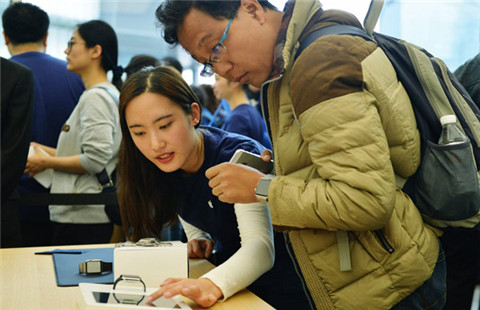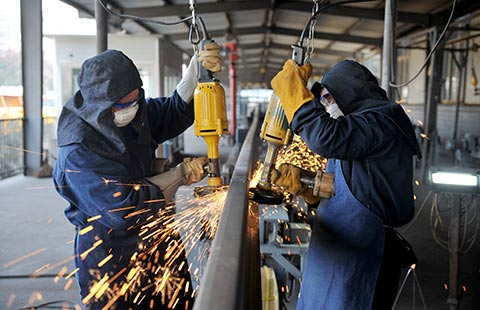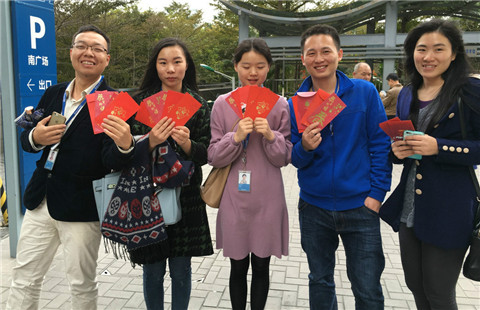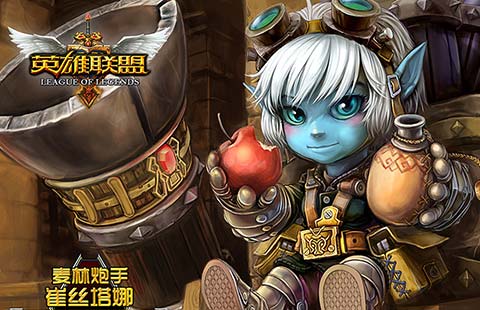Nestle regards China as its important growth driver
(Xinhua) Updated: 2016-02-19 09:29VEVEY, Switzerland - Paul Bulcke, CEO of the Swiss food and beverage giant Nestle, said on Thursday that China has been and remains its important growth driver.
"Nestle has never stopped growing in China, even in the last few years of slow growth," said Bulcke during a press conference held at the company's headquarters in Vevey.
Nestle announced on Thursday a full-year organic growth of 4.2 percent in 2015, falling short of its long-term target of 5-6 percent growth. Its performance in the Asian market was seriously impacted by the Maggi noodles issue in India. However, the annual report noted that China has shown increased momentum towards the end of last year.
"China's GDP remains robust. And it's moving from investment-driven expansions towards private consumption," said Bulcke, adding that "we are confident in our ability to accelerate our growth progressively with sustainability" in Chinese market.
Meanwhile, Bulcke noted that Chinese consumer expectations have been changing very fast, especially with the development of e-business. In 2015, half of Nestle's sales was accomplished by e-commerce in China.
At the end of last year, Nestle has strengthened its global capabilities in e-commerce by signing a strategic cooperation partnership with Alibaba, China's biggest online trader, to increase its online sales and build its brands.
Nestle executive vice-president Wan Ling Martello explained that since Alibaba has a plan of expanding the e-commerce in Chinese rural areas, the partnership could help Nestle to expand its distribution by bringing its merchandise to smaller towns and villages.
Several Chinese e-commerce giants such as Alibaba have set up service stations in villages to help those who lack the necessary skills to shop online. Villagers can order goods at the stations and return a few days later to collect their packages.
Alibaba's aspirations to bring more global products into China by its online platform for oversea sales offer also a chance for Nestle to introduce some of its new products for Chinese consumers, added Martello.
- China to use more new energy vehicles in public institutions
- Chery Auto to develop aircraft engine for Austrian firm
- OECD downgrades forecast of 2016 global growth to 3%
- Raising budget deficit ratio a necessity: Vice finance minister
- China to further tap marine economy
- China central bank continues forex sales in Jan
- Govt concerned over money-laundering claims at ICBC's Madrid branch
- Central bank to continue open market operations each business day
















